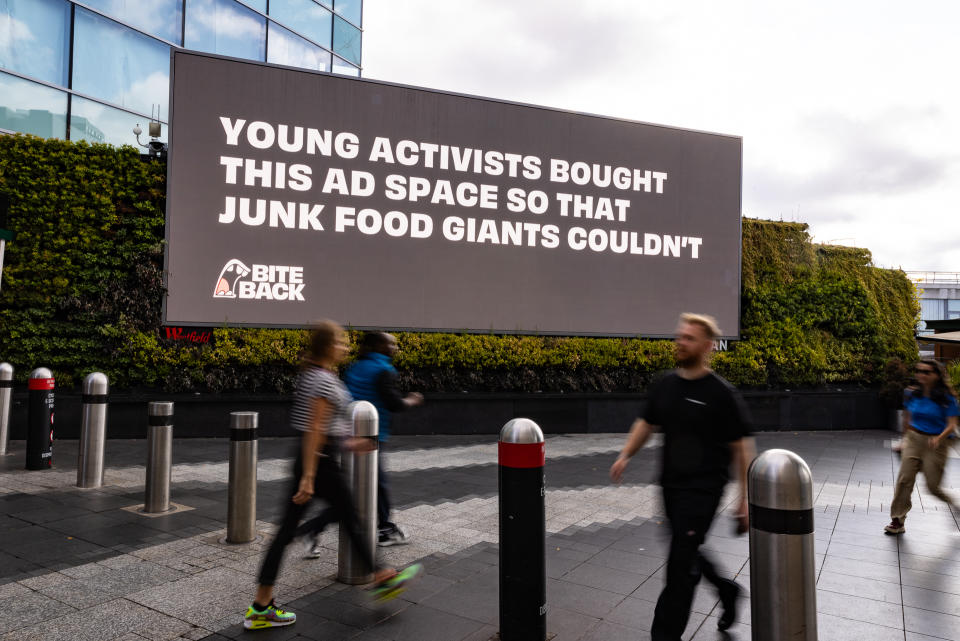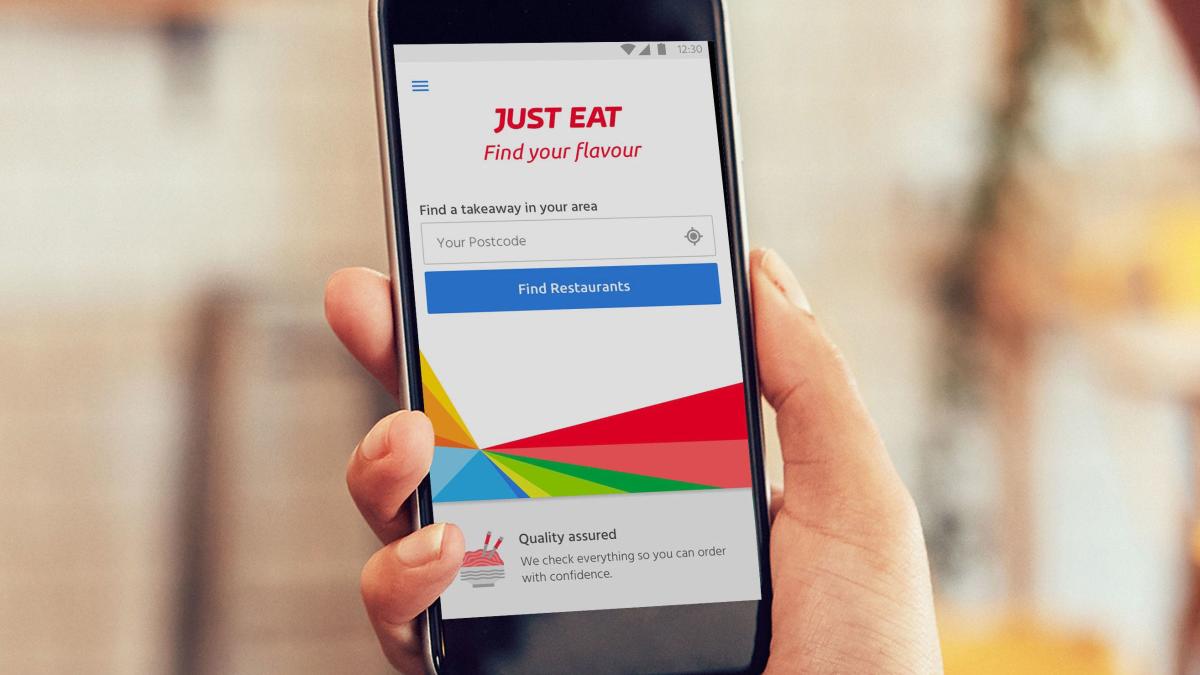A Just Eat advertisement for McDonald’s burgers on Facebook was banned because insufficient care was taken to ensure that the advertisement was not targeted at children under 16.
The Advertising Standards Authority (ASA) said that the youth campaign group against junk food Bite Back 2030 complained about the advert in December last year. They alleged that the social media platform on which the advert appeared was promoting products with high fat, salt or sugar content to under-16s.
The paid Facebook ad read: “Fancy a McMuffin in the morning? A McNugget for lunch? Or a long evening with a Big Mac? Then have them delivered right here.”
There was also a changing image of McNuggets, which was replaced by the logos of Just Eat and McDonald’s.
The ASA said food delivery company Just Eat was aware that the meat versions of the Big Mac and McMuffin are considered high fat, salt and sugar (HFSS) products – products that are subject to strict rules when marketed to under-16s.
The regulator said that while Just Eat had used age-based targeting to exclude people registered on Facebook as under 18 from the ad, it had not taken interest-based factors into account.
The ASA stated: “No interest-based targeting factors were used to exclude groups of people more likely to be under 16 years of age from the ad’s audience.”
“The ad was a paid ad on Facebook. We were aware that interest-based targeting was available for such ads and therefore we considered that Just Eat should have used these tools to minimise the visibility of the ad to under-16s.”
It continued: “We concluded that Just Eat had not taken sufficient care to ensure that the advert, which promoted several HFSS products, was not aimed at persons under the age of 16.”
Therefore, the ad violated the Marketing Code for HFSS Foods and was banned.
A Just Eat spokesperson said: “By targeting users over 18, we believe we have taken reasonable steps to prevent protected age groups from seeing the adverts.”
“While we are disappointed with this outcome, Just Eat acknowledges the ASA’s concerns.
“We are currently reviewing our processes to ensure that future promotions reach only the intended audience while continuing to offer customers great choice and value.”


Bite Back – co-founded in 2019 by celebrity chef and activist Jamie Oliver – welcomed the decision to ban Just Eat’s advertising as a “significant victory”.
Chief Executive James Toop said: “Our victory in this case is a stark reminder that current rules are not enough and we must continue to push for stronger protections.”
“Teens’ social media feeds are often filled with junk food advertisements, resulting in a pervasive cultural influence online.”
The ASA’s decision also coincides with the launch this week of Bite Back’s latest campaign, which begins with an anti-junk food poster in London’s Westfield White City shopping centre.
Bite Back now has more than 70 young activists and around 2,000 teenagers have participated in the programs.
The company’s research shows that children in the UK are exposed to 15 billion junk food advertisements online every year.




